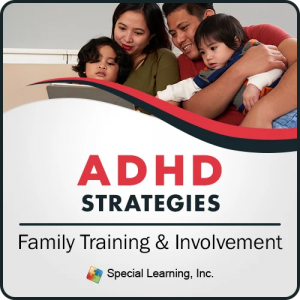Autism and Childhood Healthcare Insurance Programs
Healthcare can be very costly in the United States and many health insurance companies decline claims of autism because of both the cost and risk involved. The cost of treating autism is very expensive. Children with autism have ongoing needs and can require various therapies such as speech or occupational therapy. There can also be additional bills to pay if the child needs things such as psychiatric care. Health insurance coverage for pre-existing conditions such as autism has increased due to the recent healthcare reform bill.
Autism Speaks is an autism advocacy organization that has an initiative called Autism Votes which is working to change State insurance laws so that private health insurance policies will be required to provide diagnosis and treatment of autism spectrum disorders. As of March 2011, 24 States currently have enacted autism reform legislation. These are Arizona, Colorado, Connecticut, Florida, Idaho, Iowa, Illinois, Indiana, Kansas, Kentucky, Louisiana, Maine, Massachusetts, Missouri, Montana, Nevada, New Hampshire, New Jersey, New Mexico, Pennsylvania, South Carolina, Texas, Vermont, and Wisconsin.
Fourteen other states have bills endorsed by Autism Speaks, 10 other states have bills pending introduction or endorsement and three States are currently not pursuing autism insurance reform (Autism Speaks). These states are Oklahoma, Utah, and Wyoming.
There is variation in the rules and designations for health insurance coverage between States. Broadly there is coverage for treatment for behavioral therapy such as Applied Behavior Analysis (ABA), and also psychological and psychiatric services, speech therapy, occupational therapy, and pharmacy care. If ABA is covered, the particular State’s insurance mandate may vary in how much insurance providers are required to pay per year to cover behavioral therapy. The amount of coverage can vary according to the age of the child.
Families will need to research the different health care providers to compare quotes and coverage in order to get the best health care plan available. For those families who cannot get health insurance for the child, or cannot afford it, there are public health care services such as Medicaid available. Medicaid is a government-funded health insurance program for those that don’t succeed in getting health insurance, though there are certain income requirements needed to ascertain eligibility. Those not financially eligible may get assistance if the child meets certain disability guidelines. The recent laws, however, have increased Medicaid coverage and more families can now qualify for assistance.
Support groups where parents can meet with other parents are a valuable resource as parents can discuss the different treatment options and financial assistance available. Other organizations such as Autism Speaks can provide help and information about health care, and charitable organizations are also worth looking into for help, information, and possible financial assistance.
Although health insurance coverage has improved in some States for children with an Autism Spectrum Disorder there is still some way to go as there are still many states that have not yet enacted autism reform legislation. Many more States are currently moving towards enacting the legislation and Medicaid coverage has increased so that more families now qualify.
References:
Autism Speaks. (March 22, 2011) autismvotes.org: Autism Speaks State Insurance Reform Initiatives. Retrieved March 28, 2011, from autismvotes.org/site/c.frKNI3PCImE/b.3909861/k.B9DF/State_Initiatives.htm
U.S. Department of Health and Human Services (n.d.) cms.gov: Medicaid Eligibility. Retrieved March 28, 2011, from cms.gov/MedicaidEligibility/
Copyright © by Special Learning Inc. All right reserved.
No part of this article may be reproduced in any manner whatsoever without written permission except in the case of brief quotations embodied in critical articles and reviews. For information, contact Special Learning Inc., at: contact@special-learning.com








